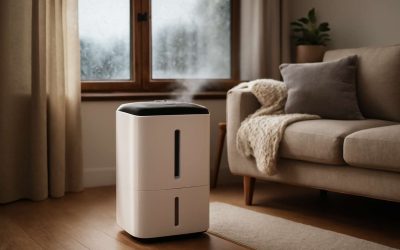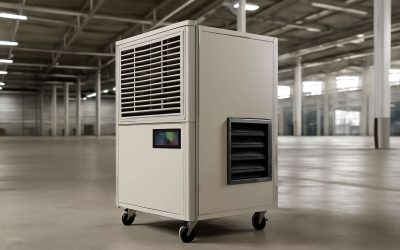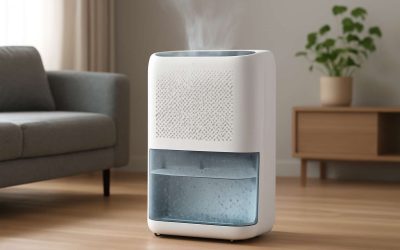
A dehumidifier removes excess moisture from the air and can improve your home’s indoor air quality by reducing the presence of allergens like mold, dust mites and pollen. In addition, a dehumidifier can also help reduce the buildup of mildew and other bacteria in your living spaces. In order to get the most out of your dehumidifier, it is important to keep it well-maintained. This can be done by regularly checking the filter and emptying the bucket. It is also helpful to invest in a model with an Energy Star rating, which will help save on energy costs over time.
The right dehumidifier for your needs will depend on a variety of factors, including the amount of humidity in your home and whether you have a lot of wood or other materials that can be damaged by moisture. You should also consider your budget and the space you have available. You can find a model that fits your requirements by browsing the many options on the market, which range from compact and portable models to large dehumidifiers with advanced features.
It’s best to read reviews of a particular dehumidifier before making a purchase, as these can give you a good idea of how effective the device is. Look for a model that has a long warranty period to ensure that you’re getting the most out of your investment. In addition, a dehumidifier that is easy to operate and has a simple control panel will be a good choice for most people.
A humid environment is not only unpleasant but can damage your furniture and lead to a musty odor. It can also make your home more vulnerable to pests and can cause cracking of plaster or wallpaper. Dehumidifiers can help you avoid these issues by ensuring that the humidity level in your home is between 30 and 50 percent.
Air purifiers work by combining a filter with a fan to suck air into the machine and then push it back out again. The filter catches the pollutants in the air and can be replaced or cleaned regularly. This will keep it working efficiently. However, the air filters don’t capture gases such as VOCs and radon that may be released from paint or adhesives, so you’ll need a separate gas-absorbing system for those.
Allergies, including hay fever and dust mites, thrive in moist environments. By reducing the humidity levels in your home, a dehumidifier can prevent their growth and prevent them from triggering allergic reactions in people. Moreover, it can also eliminate the odors caused by these allergens. Buying a dehumidifier is therefore an excellent investment for anyone who suffers from allergies and asthma.



0 Comments